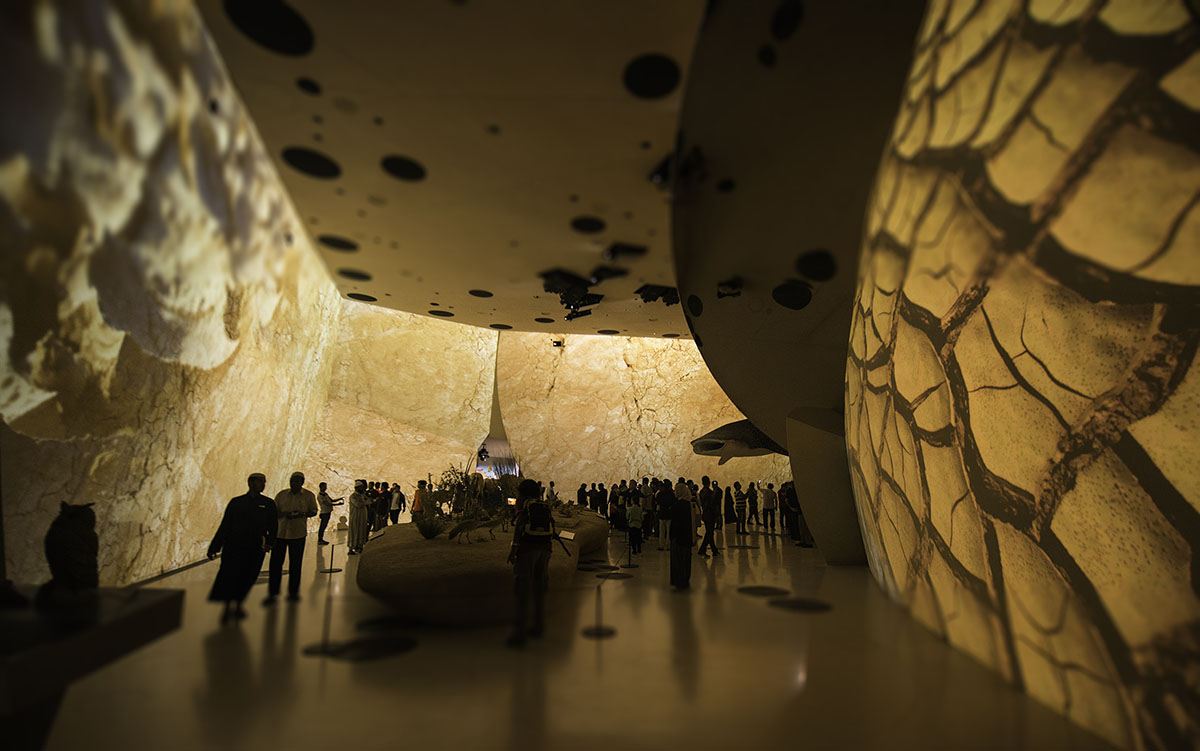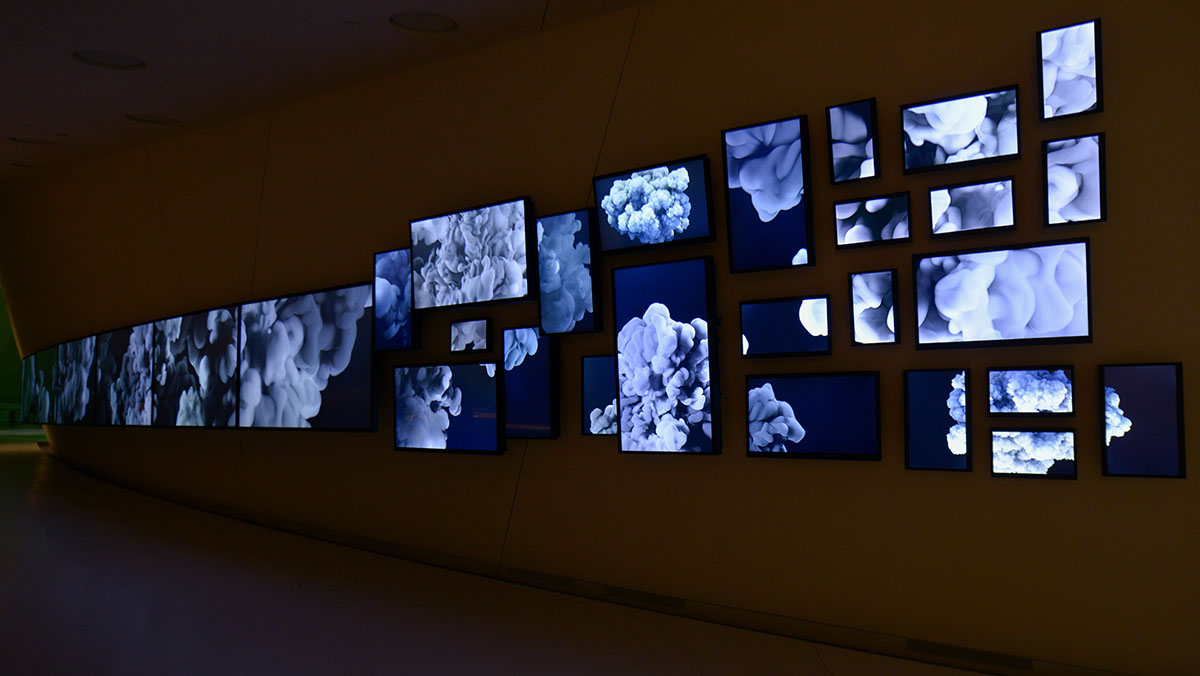"Just how much visual data can a media server installation handle? And how fast will the capabilities of today’s media servers grow? These were my thoughts when I read about the world’s largest permanent video projection installation at the National Museum of Qatar, where Avolites media server hardware and software is providing 112 projectors with 21 billion pixels of visual data a second. That’s quite an achievement."
Guy Campos, Online Editor AV MagazineQatar – The world’s largest permanent video projection installation has opened at the architecturally striking new National Museum of Qatar (NMoQ). Inside, an incredible 21 billion pixels are being processed every second by 9 Avolites Ai Q3 servers, alongside another 163 Ai Miami software licences, running on 1U 8K media servers custom designed by the London-based visual technologists, RES.
The video projection aspects of the project involve a series of ‘Art Films’, which were produced by the Doha Film Institute (DFI) in collaboration with handpicked directors and videographers, to immerse visitors in a journey through Qatar’s rich past, present and future aspirations. The projections cover a vast area, co-created by RES, MAN Enterprise / EMPTY Joint Venture and the DFI. The result is a breath-taking visitor experience, and one which requires dynamic flexibility, ultimate reliability and rock-solid robustness.
“Avolites Ai is always our go-to software for demanding projects like this – the AIM Codec and Salvation Engine are both powerful and reliable,” says Mark Calvert from RES. “My colleagues Dave Green and Trey Harrison were of course the architects of the original source code for the Ai software, so we are very familiar with what it can achieve when a project needs to go big.”
The AiM Codec is a unique feature of the Ai software that allows video content to be compressed without losing the quality of the image.

The Avolites Ai Q3 servers and custom-designed 8K servers are feeding more than one petabyte of movie data to 112 Panasonic 4K projectors, which are beaming the content onto curved interior walls of the museum, known as the ‘cinematic display zones’. The data is shared via 50.6km of 3G SDI cabling and each video requires full motion image resolution as high as 25K by 4K, to cover more than 33,000 sq.ft. of space. The huge quantity of AV equipment, is controlled and monitored by HIVE, a bespoke software package designed by HIVE Media Control.
Avolites’ Sales Director Koy Neminathan, says: “We are of course thrilled that our latest Ai server, the Q3, and our Ai Miami Licences, are in use on a world-class project on such as the National Museum of Qatar. The Q3’s slim form belies its cutting edge, powerful engine which is designed for rock-solid reliability and sheer pixel processing power and we can see this is use now in Doha.”
“We’d like to thank RES and everyone involved in creating the world’s largest permanent video projection installation for showcasing what Ai can do on a mammoth scale”

Designed by architect Jean Nouvel, the National Museum of Qatar is located on a 1.5 million sq.ft site surrounding the existing Fariq Al Salatah Palace, which had served as a museum of heritage since 1975. The building consists of a ring of interlocking display zones, encircling a large central courtyard area. Its design is inspired by the famous phenomenon of the ‘desert rose’ crystalline forms, like miniature architectural events, that emerge from the ground through the work of wind, salt water, and sand. It opened to the public in March 2019.
Photo: Antonio Pagano


